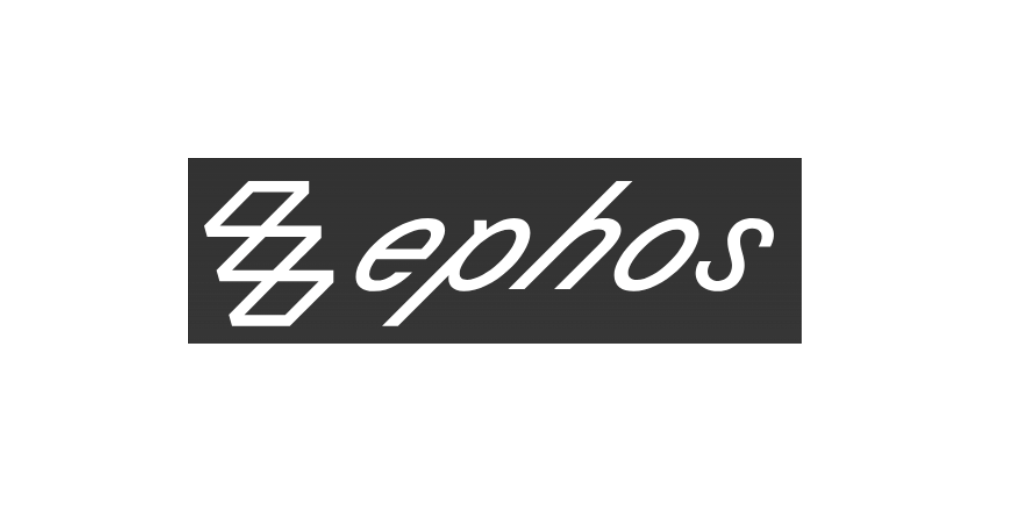Ephos: Pioneering the Future of Quantum Computing with Glass-Based Photonic Chips
September 24, 2024, 3:31 pm
In the heart of Milan, a technological revolution is brewing. Ephos, a trailblazer in the realm of glass-based photonic chips, has secured €7.6 million in seed funding. This investment is not just a financial boost; it’s a launchpad for innovation. Ephos is set to open the world’s first dedicated facility for glass-based quantum photonic circuits. This move positions the company at the forefront of a rapidly evolving industry.
The funding round was led by Starlight Ventures, a prominent US venture capital firm known for its focus on deep tech. Other notable participants include Collaborative Fund, Exor Ventures, and 2100 Ventures. Angel investors, including former executives from Airbnb and Amazon, also joined the fray. This diverse backing underscores the confidence in Ephos’s vision.
The new facility will be located in the Milano Innovation District (MIND), a hub designed for technological advancement. This site will serve as a central point for research, development, and manufacturing. It’s a significant milestone for Ephos, providing the necessary resources to scale its proprietary chip technology. The company is not just looking to grow in Europe; it aims to expand its presence in the US, particularly in San Francisco.
Ephos is not your typical chip manufacturer. While many rely on silicon, Ephos is harnessing the power of glass. This innovative approach enhances the speed and energy efficiency of quantum computing, communications, and sensing devices. Glass substrates significantly reduce signal loss, a critical challenge in quantum computing. In this realm, information is fragile. If a signal is lost, it cannot be replaced. Ephos’s technology mitigates this risk, paving the way for more reliable quantum systems.
The implications of this technology extend beyond quantum computing. Photonic chips have applications in data centers, where energy efficiency is becoming paramount. As the demand for AI-driven services skyrockets, data centers are facing unprecedented energy consumption. Goldman Sachs predicts a staggering 160% increase in power usage by 2030. Ephos’s chips could be the key to alleviating this burden, offering a sustainable solution for the future.
Ephos’s commitment to building its chips in-house is a strategic advantage. The company relies exclusively on suppliers from the US and EU, reinforcing geopolitical security. In an era where technology is intertwined with national interests, this approach ensures that critical quantum infrastructure remains within allied territories. The backing from NATO’s Defence Innovation Accelerator (DIANA) further solidifies Ephos’s role in safeguarding strategic independence in quantum technologies.
The recent funding is not just a financial milestone; it’s a validation of Ephos’s potential. The company’s vision extends beyond immediate applications. It aims to transform the broader computational infrastructure. By addressing energy inefficiencies and enhancing performance, Ephos is laying the groundwork for the next generation of computing technology.
The CEO and co-founder of Ephos has expressed optimism about the future. The company’s glass-based photonic chips are poised to revolutionize not only quantum computing but also artificial intelligence and secure communications. This technology could redefine how industries operate, creating faster and more efficient platforms.
The landscape of technology is shifting. As AI and quantum advancements push the boundaries of current infrastructure, Ephos stands out. Its ability to reduce signal loss and improve energy efficiency positions it as a leader in the field. This innovation opens doors to new possibilities across multiple industries, from telecommunications to defense.
In conclusion, Ephos is not just another tech startup. It’s a beacon of innovation in the quantum computing landscape. With its recent funding and the establishment of a state-of-the-art facility in Milan, the company is ready to make waves. The world is watching as Ephos embarks on this journey. The future of computing is bright, and Ephos is leading the charge. As we stand on the brink of a new technological era, one thing is clear: glass-based photonic chips are not just a trend; they are the future.
The funding round was led by Starlight Ventures, a prominent US venture capital firm known for its focus on deep tech. Other notable participants include Collaborative Fund, Exor Ventures, and 2100 Ventures. Angel investors, including former executives from Airbnb and Amazon, also joined the fray. This diverse backing underscores the confidence in Ephos’s vision.
The new facility will be located in the Milano Innovation District (MIND), a hub designed for technological advancement. This site will serve as a central point for research, development, and manufacturing. It’s a significant milestone for Ephos, providing the necessary resources to scale its proprietary chip technology. The company is not just looking to grow in Europe; it aims to expand its presence in the US, particularly in San Francisco.
Ephos is not your typical chip manufacturer. While many rely on silicon, Ephos is harnessing the power of glass. This innovative approach enhances the speed and energy efficiency of quantum computing, communications, and sensing devices. Glass substrates significantly reduce signal loss, a critical challenge in quantum computing. In this realm, information is fragile. If a signal is lost, it cannot be replaced. Ephos’s technology mitigates this risk, paving the way for more reliable quantum systems.
The implications of this technology extend beyond quantum computing. Photonic chips have applications in data centers, where energy efficiency is becoming paramount. As the demand for AI-driven services skyrockets, data centers are facing unprecedented energy consumption. Goldman Sachs predicts a staggering 160% increase in power usage by 2030. Ephos’s chips could be the key to alleviating this burden, offering a sustainable solution for the future.
Ephos’s commitment to building its chips in-house is a strategic advantage. The company relies exclusively on suppliers from the US and EU, reinforcing geopolitical security. In an era where technology is intertwined with national interests, this approach ensures that critical quantum infrastructure remains within allied territories. The backing from NATO’s Defence Innovation Accelerator (DIANA) further solidifies Ephos’s role in safeguarding strategic independence in quantum technologies.
The recent funding is not just a financial milestone; it’s a validation of Ephos’s potential. The company’s vision extends beyond immediate applications. It aims to transform the broader computational infrastructure. By addressing energy inefficiencies and enhancing performance, Ephos is laying the groundwork for the next generation of computing technology.
The CEO and co-founder of Ephos has expressed optimism about the future. The company’s glass-based photonic chips are poised to revolutionize not only quantum computing but also artificial intelligence and secure communications. This technology could redefine how industries operate, creating faster and more efficient platforms.
The landscape of technology is shifting. As AI and quantum advancements push the boundaries of current infrastructure, Ephos stands out. Its ability to reduce signal loss and improve energy efficiency positions it as a leader in the field. This innovation opens doors to new possibilities across multiple industries, from telecommunications to defense.
In conclusion, Ephos is not just another tech startup. It’s a beacon of innovation in the quantum computing landscape. With its recent funding and the establishment of a state-of-the-art facility in Milan, the company is ready to make waves. The world is watching as Ephos embarks on this journey. The future of computing is bright, and Ephos is leading the charge. As we stand on the brink of a new technological era, one thing is clear: glass-based photonic chips are not just a trend; they are the future.

